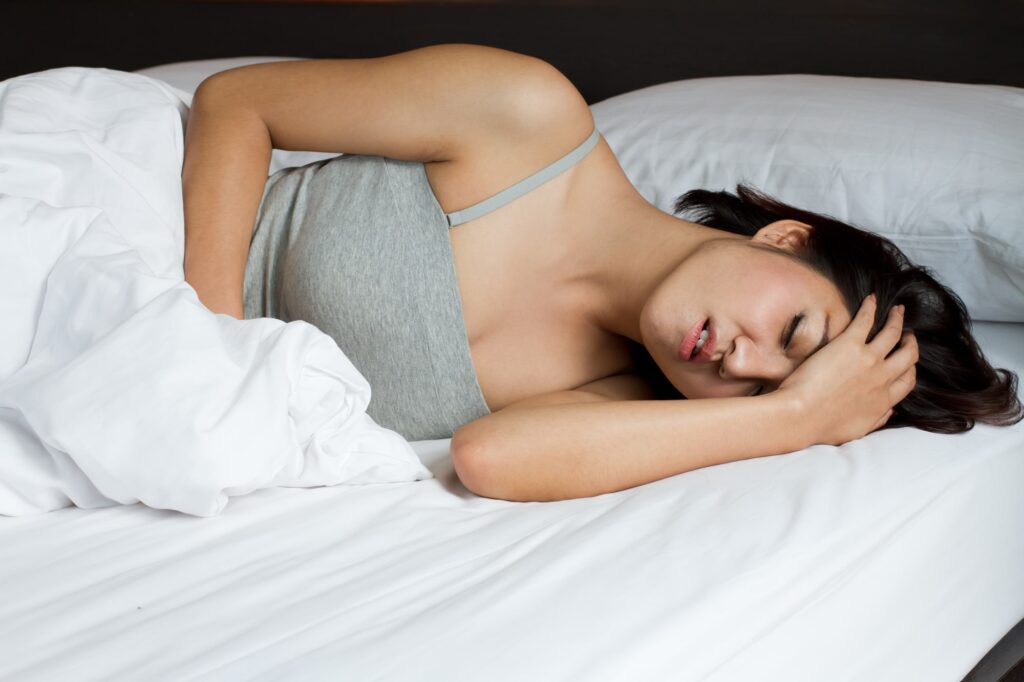How Covid affects your sleep
Research into the effects of Covid continues to discover how it impacts us long-term, with data now showing us how Covid affects sleep.

When the Covid-19 pandemic hit, the way people slept began to change. Many people were sleeping longer than usual as a result of working from home during lockdowns and saving time on commuting. However, the quality of sleep deteriorated. Many reported having trouble getting to, and staying asleep, while others experienced nightmares, and vivid or recurring dreams.
But now it’s clear that people who have been infected with the virus can experience specific problems with their sleep.
Covid infections and sleep
Just like the common cold and the flu, Covid can impact your sleep while you are sick with the virus. Nasal congestion, runny nose, sneezing and sore or scratchy throat can all disrupt your sleep – even if you are spending more time in bed.
Some people notice that once they recover from the acute infection, the lingering fatigue means that they actually sleep deeper and longer, as the body continues to recover from the infection.
Unfortunately, this is not the case for everyone.
How long-Covid affects sleep
It’s now evident that people with long-Covid may experience significant problems with their sleep. Long-Covid is a condition where people continue to experience Covid symptoms for longer than usual after contracting the virus. These long-term effects may include:
- fatigue
- respiratory symptoms
- neurological symptoms.
Research shows that around two-thirds of people are fatigued and about half experience sleep disruption months after an acute Covid infection. Ways that Covid affects sleep patterns include:
- difficulty falling and staying asleep
- insomnia
- fragmented sleep
- lighter sleep
- lingering fatigue despite sleeping well.
To complicate matters, many people who have trouble sleeping turn to their phones, televisions and other electronic devices. However, this only creates poor sleep habits that make it harder to sleep well in the long term.
What you can do
While you are sick with Covid, accept that your sleep may be disturbed for a while, just as it would if you had a cold. Try not to feel too frustrated about this.
However, as you begin to recover, it’s important that you aim to get back to your pre-Covid sleep-wake pattern. To support this you should:
- avoid napping during the day
- go to bed when you feel like sleeping
- reduce exposure to light and electronic devices at night
- have a regular bedtime and wakeup time
- get physical activity during the day – even if it’s only walking for 5-10 minutes
- avoid caffeine, alcohol and nicotine during the hours leading up to bedtime
- develop a good bedtime routine that helps you relax and prepare for sleep.
Having the right environment to sleep in also goes a long way towards having a good night’s sleep. Ensure your room is dark, quiet and at the right temperature – not too hot or cold. And don’t forget that sleeping on the right mattress and pillow is also important.
BedGuard has a wide range of high-quality, waterproof mattresses to suit everyone. Let us find the right mattress for you, so you can get a good night’s sleep. Browse online or visit us in-store.





